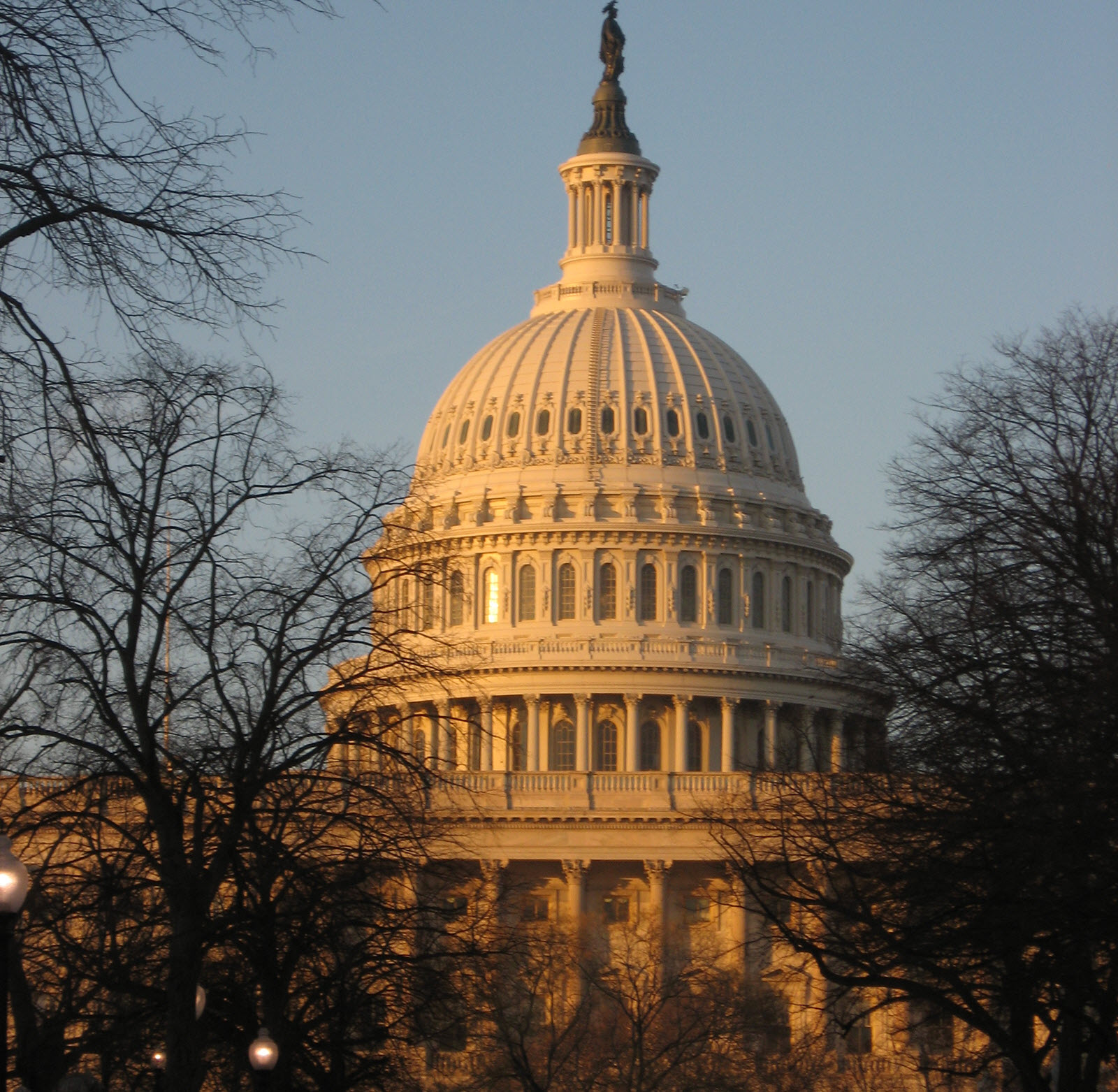Senators Ask President to Reverse ZTE Aid
The smarter way to stay on top of the multichannel video marketplace. Sign up below.
You are now subscribed
Your newsletter sign-up was successful
A pair of prominent senators from each party have asked President Donald Trump to reinstate the ban on U.S. tech imports to Chinese Telecom ZTE.

The Commerce Department had issued the ban after ZTE failed to keep its end of a settlement over supplying tech to Iran and North Korea, but after talking to the President of China, Trump instructed Commerce to strike a deal to save Chinese jobs.
The senators said the Commerce sanctions—"which would have threatened ZTE’s survival—should not be used as a bargaining chip in negotiations with China on unrelated matters."
Related: Senate Votes to Restore ZTE Trade Sanctions
In a letter to the President, Sens. Mark Warner (D-Va.) and Marco Rubio (R-Fla.) urged him to reconsider that deal and back a Senate-passed ban on any government money going to ZTE and Huawei, another Chinese telecom identified as tied to the Chinese government.
“The Senate and the U.S. Intelligence Community are in agreement that ZTE poses a significant threat to our national security. The Senate recently voted 85-10 to reimpose the April sanctions order and the ban on ZTE buying U.S. components, and to prohibit the U.S. federal government from purchasing ZTE or Huawei equipment and contracting with any entity that purchases such equipment," they said. "We urge you to heed the leaders of the U.S. Intelligence Community, supported by a strong bipartisan consensus in the Senate, that we must pursue policies that prevent the widespread use of ZTE products in the U.S.”
They reminded the President of the February Senate Intelligence Committee hearing at which the country's top intelligence officials all said they would not personally use technology from those companies, and that they posed a security risk.
The smarter way to stay on top of the multichannel video marketplace. Sign up below.
Related: Manufacturers Push Back on Trump's ZTE Aid
“ZTE, though publicly traded, is a state-backed enterprise that is ultimately loyal not to its shareholders, but to the Chinese Communist Party and Chinese government," the senators said. "This patronage relationship poses unacceptable risks to American sovereignty; risks that will only increase if the company is permitted to establish itself deeply in America’s telecommunications infrastructure.”
After ZTE allegedly failed to comply with the terms of a settlement over illegally shipping telecom equipment to Iran and North Korea, Commerce banned U.S. companies from exporting their technology to the company for seven years. Not long after, the U.S. also banned the sale of phones from ZTE and Chinese telecom manufacturer Huawei on U.S. military bases.
Contributing editor John Eggerton has been an editor and/or writer on media regulation, legislation and policy for over four decades, including covering the FCC, FTC, Congress, the major media trade associations, and the federal courts. In addition to Multichannel News and Broadcasting + Cable, his work has appeared in Radio World, TV Technology, TV Fax, This Week in Consumer Electronics, Variety and the Encyclopedia Britannica.

